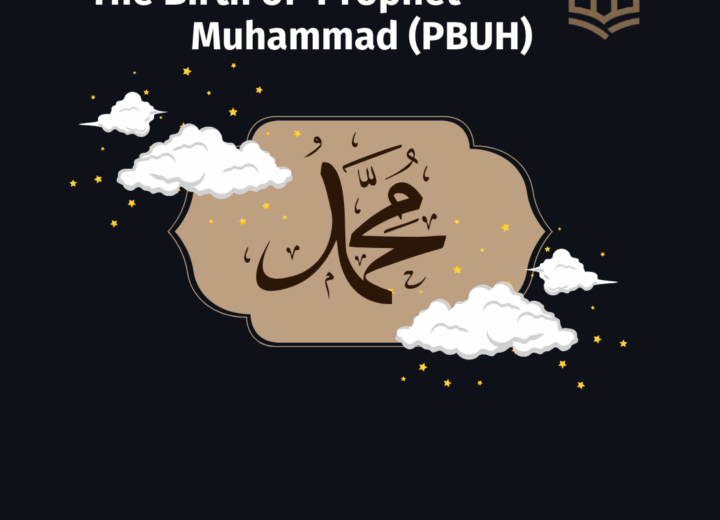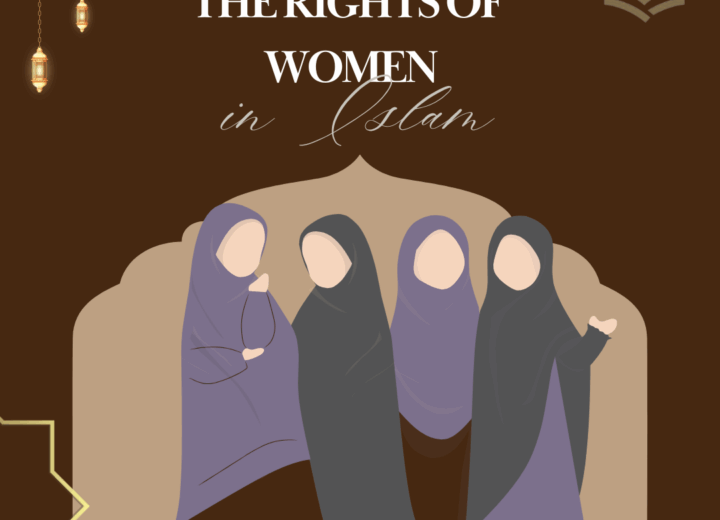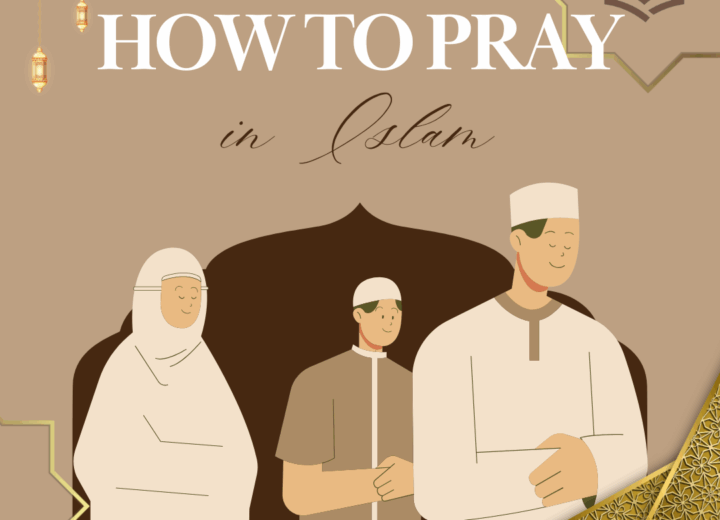Islam is more than just a religion; it is a complete way of life rooted in peace, submission to Allah, and the pursuit of noble character. Muslims around the world strive to live according to the teachings of the Qur’an and the Sunnah of the Prophet Muhammad ﷺ, following principles of justice, honesty, mercy, and worship. In this article, we’ll explore what Islam is, what Muslims believe, the core pillars of faith and practice, and the life and morals of the final Prophet (PBUH).
1. What Is Islam?
Islam is an Abrahamic, divinely revealed religion and the second-largest religion in the world by number of followers. It means submission to Allah, the One and Only Creator. Muslims believe that Islam is the final message revealed to humanity.
They also believe that Prophet Muhammad ﷺ is the last and final Messenger.
The Foundations of Islam Include:
- Tawheed (Monotheism): Belief in one true God, Allah, without any partners or equals.
- The Message: Faith in all the prophets and messengers sent by Allah, including Ibrahim (Abraham), Musa (Moses), ‘Isa (Jesus), and the final prophet, Muhammad ﷺ.
- The Holy Scriptures: Belief in the original divine books revealed to the prophets, the Torah, the Zabur, the Gospel, and finally the Quran.
- The Five Pillars of Islam: Shahadah (Declaration of Faith), Salah (Prayer), Zakah (Charity), Sawm (Fasting during Ramadan), Hajj (Pilgrimage to Mecca)
- Morals and Ethics: Islam emphasizes noble values, including honesty, justice, kindness, generosity, and mercy.
- Peace and Tolerance: Islam calls for peace, surrender to Allah, and coexistence with others in justice and respect.
2. What Do Muslims Believe?
Muslims refer to their core beliefs as the Six Pillars of Faith, which include:
- Belief in Allah: Muslims believe in one eternal, all-powerful Allah who created and sustains everything.
- Belief in Angels: Allah created the angels from light, and they carry out His commands without question.
- Belief in the Divine Books: Muslims believe in all previous scriptures revealed by Allah, including the Torah, the Gospel, and the Psalms. The Qur’an is the final and preserved word of Allah, unchanged and complete.
- Belief in the Prophets: Muslims believe in all prophets, from Adam to Muhammad ﷺ. Each was sent to guide their people, and Prophet Muhammad ﷺ was sent as a mercy to all mankind.
- Belief in the Last Day: Allah will resurrect every soul and judge them according to their deeds.
- Belief in Qadar (Divine Decree): Everything, good or bad, happens by Allah’s will and knowledge.
The Pillars of Islam: Practice and Worship
Shahadah (Testimony of Faith):
“There is no god but Allah, and Muhammad is the Messenger of Allah.”
.”لا إله إلا الله، محمد رسول الله”
Salah (Prayer):
Muslims perform five daily prayers to maintain their connection with Allah.
Zakah (Charity):
A fixed portion of wealth is given to the poor and needy.
Sawm (Fasting):
Muslims fast during Ramadan by abstaining from food, drink, and sin from dawn to sunset.
Hajj (Pilgrimage):
Muslims who are able must perform the pilgrimage to Mecca once in their lifetime.
4. Who is Prophet Muhammad (PBUH)?
Biography:
Prophet Muhammad ﷺ was born in Mecca in 570 CE. He was known as Al-Amin (The Trustworthy) even before prophethood. He received revelation at the age of 40 through Angel Jibreel (Gabriel), marking the beginning of Islam’s final message.
Migration to Madinah:
Due to persecution in Mecca, the Prophet ﷺ and his companions migrated to Madinah, where they established the first Islamic state.
The Qur’an:
Allah revealed the Qur’an as the final message to Prophet Muhammad ﷺ, and Muslims regard it as the direct word of Allah.
The Sunnah:
Muslim scholars preserved the sayings, actions, and approvals of the Prophet ﷺ in the Hadith, which serve as a practical explanation of the Qur’an.
His Morals:
People recognized Prophet Muhammad (PBUH) for his honesty, humility, mercy, and patience. He said:
وَحَدَّثَنِي عَنْ مَالِكٍ، أَنَّهُ قَدْ بَلَغَهُ أَنَّ رَسُولَ اللَّهِ صلى الله عليه وسلم قَالَ “ بُعِثْتُ لأُتَمِّمَ حُسْنَ الأَخْلاَقِ ” .
Yahya related to me from Malik that he had heard that the Messenger of Allah, may Allah bless him and grant him peace, said, “I was sent to perfect good character.” Reference
Conclusion
Islam teaches us not only how to worship but how to live with compassion, fairness, and sincerity. Whether you’re curious about Islamic beliefs or seeking a deeper understanding of Muslim life, learning about these foundations can bring clarity and connection.
Start by exploring the Quran with our free trial and experience guided lessons rooted in authentic sources.




